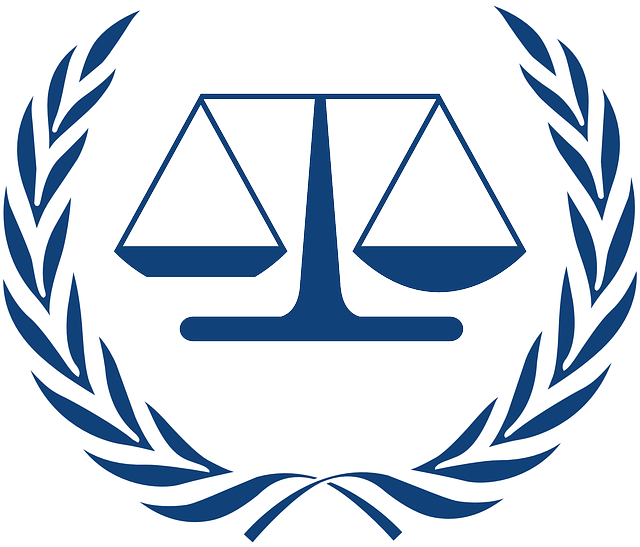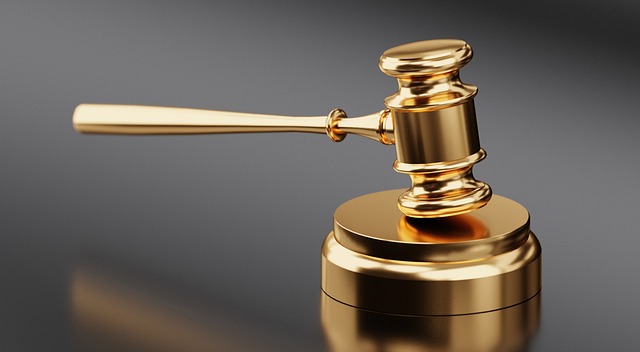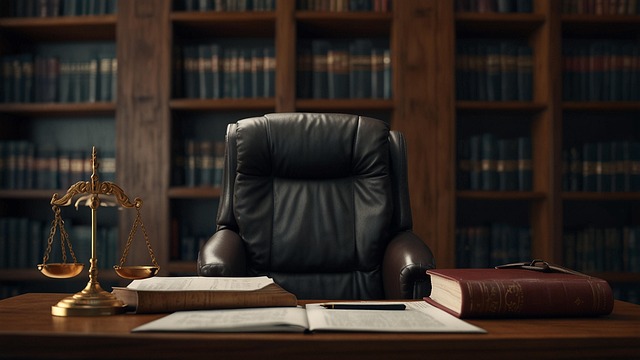Understanding and safeguarding fundamental rights, such as the right to an attorney, presumption of innocence, and a fair trial, are crucial in criminal justice defense. Legal professionals guide clients through complex procedures, ensuring evidence integrity and effective argumentation. Strategies like thorough case preparation, challenging prosecution evidence, and ethical conduct are vital for navigating legal battles, ultimately aiming for equitable outcomes in the criminal justice system.
In the intricate world of criminal justice defense, safeguarding fundamental rights is paramount for ensuring fair trials. This article delves into the core principles that underpin a robust criminal defense strategy, focusing on understanding and protecting the rights of the accused. We explore legal procedures designed to safeguard these rights and provide insights into effective advocacy methods. By examining these strategies, we aim to equip legal professionals with tools to navigate complex criminal justice systems, ultimately fostering fairness and due process.
- Understanding Fundamental Rights in Criminal Defense
- Navigating Legal Procedures to Protect These Rights
- Strategies for Effective Advocacy and Fair Trials
Understanding Fundamental Rights in Criminal Defense

In any criminal justice defense, understanding and safeguarding fundamental rights is paramount. These rights are enshrined in legal frameworks to ensure fairness, protect individuals from arbitrary state action, and guarantee a just process. Key among them are the right to an attorney, the presumption of innocence, protection against self-incrimination, and the right to a fair and impartial trial. Knowing and invoking these rights are crucial steps for any defendant, as they form the bedrock of a robust criminal defense strategy.
Familiarity with these rights empowers defendants to actively participate in their own defense. It allows them to make informed decisions, understand the implications of their actions, and navigate the complexities of the legal system. In a realm where the stakes are high, understanding one’s rights is not just a privilege but an essential tool for ensuring that the process remains fair and just, upholding the principles upon which criminal justice is founded.
Navigating Legal Procedures to Protect These Rights

In any criminal justice defense, navigating legal procedures is a complex task that requires meticulous attention to detail. The first step involves understanding the rights guaranteed to the accused under the law. This includes the right to remain silent, the right to an attorney, and the right to a fair trial. Legal professionals play a crucial role in ensuring these rights are protected throughout the entire process.
They guide clients through pre-trial hearings, motions, and discovery processes, ensuring that evidence is handled appropriately and all legal arguments are presented effectively. By staying vigilant and proactive, defense attorneys can navigate the intricate web of criminal justice procedures, safeguarding their client’s rights and aiming for a just outcome.
Strategies for Effective Advocacy and Fair Trials

In the realm of criminal justice defense, ensuring fair trials and protecting rights are paramount. Effective advocacy strategies play a crucial role in navigating complex legal battles. One key approach is thorough preparation; attorneys must meticulously review evidence, witness statements, and relevant laws to build a robust defense. This includes challenging the prosecution’s case by exposing weaknesses, inconsistencies, or procedural errors.
Additionally, maintaining ethical conduct and zealous representation are essential. Defense lawyers act as advocates for their clients’ rights, ensuring they receive a fair hearing. Utilizing persuasive legal arguments, effective communication with jurors, and strategic use of expert witnesses can significantly impact the outcome. These methods, combined with adherence to legal protocols, contribute to a more just and equitable criminal justice system.






